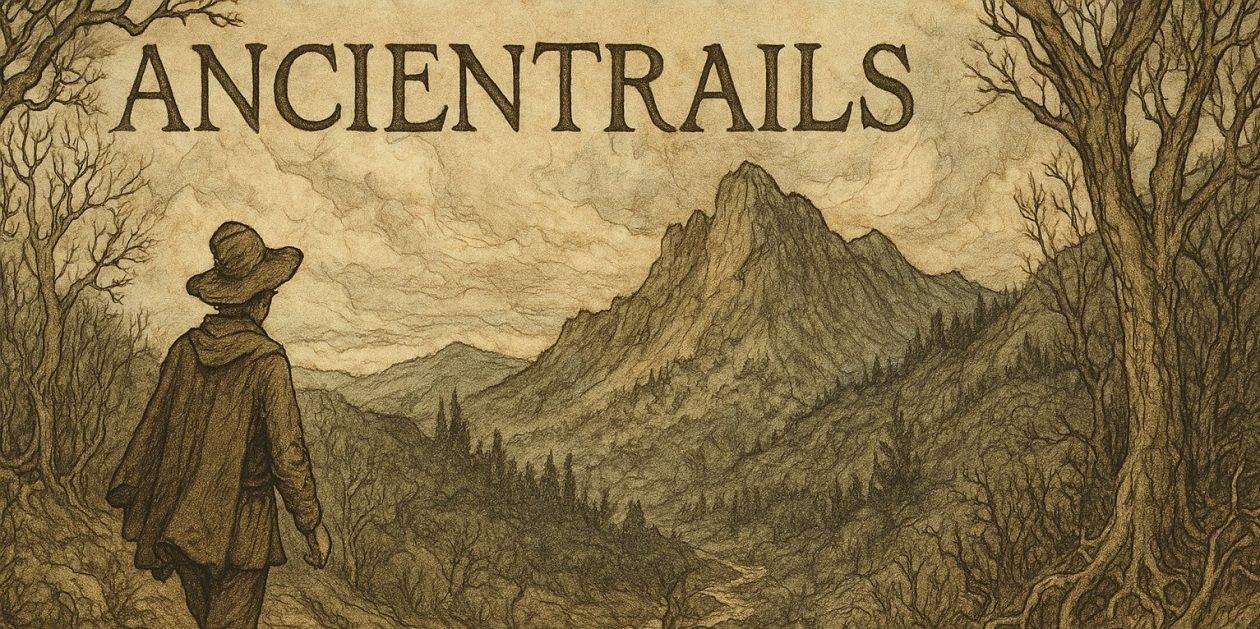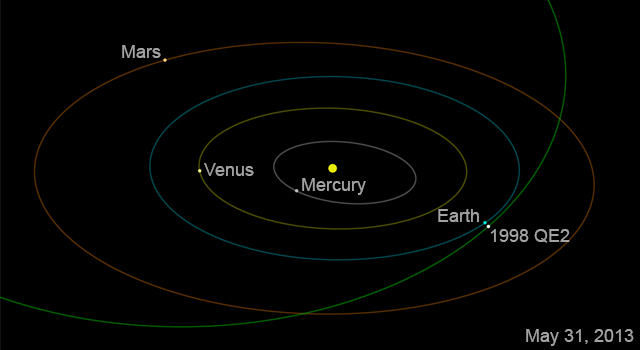Summer Solstice Moon
Found this via Big Think, which excerpted from this blog at RealScience, Newton, which listed the 10 greatest ideas in the history of science. This one, #10, was the one that surprised me the most, especially the part about transcendental numbers.
(archimedes cigar box label)
I could, but won’t, challenge the list save to say this: discoveries in so-called fundamental sciences like physics are neither fundamental nor necessarily the most important. Evolution, listed as #1, is of the type I would tend to seek for my list of 10, those discoveries that lie in the complex world well above the world of elemental particles. This list suffers from the reductionist bias of much of western science. (we can discuss this at another time.)
“Fundamentally, mathematics makes no sense. That probably doesn’t come as a surprise to those of us who struggled in algebra or calculus. Though it is the language of science, the truth is that mathematics is built upon a cracked foundation.
For instance, consider a number. You think you know one when you see one, but it’s rather difficult to define. (In that sense, numbers are like obscenity or pornography.) Not that mathematicians haven’t tried to define numbers. The field of set theory is largely dedicated to such an endeavor, but it isn’t without controversy.
Or consider infinity. Georg Cantor did and went crazy in the process. Counterintuitively, there is such a thing as one infinity being larger than another infinity. The rational numbers (those that can be expressed as a fraction) constitute one infinity, but irrational numbers (those that cannot be expressed as a fraction) constitute a larger infinity. A special type of irrational number, called the transcendental number, is particularly to blame for this. The most famous transcendental is pi, which can neither be expressed as a fraction nor as the solution to an algebraic equation. The digits which make up pi (3.14159265…) go on and on infinitely in no particular pattern. Most numbers are transcendental, like pi. And that yields a very bizarre conclusion: The natural numbers (1, 2, 3…) are incredibly rare. It’s amazing that we can do any math whatsoever.
At its core, mathematics is intimately tied to philosophy. The most hotly debated questions, such as the existence and qualities of infinity, seem far more philosophical in nature than scientific. And thanks to Kurt Gödel, we know that an infinite number of mathematical expressions are probably true, but unprovable.
Such difficulties explain why, from an epistemological viewpoint, mathematics is so disturbing: It places a finite boundary on human reason.”
Source: Galileo’s Finger: The Ten Great Ideas of Science by Peter Atkins



